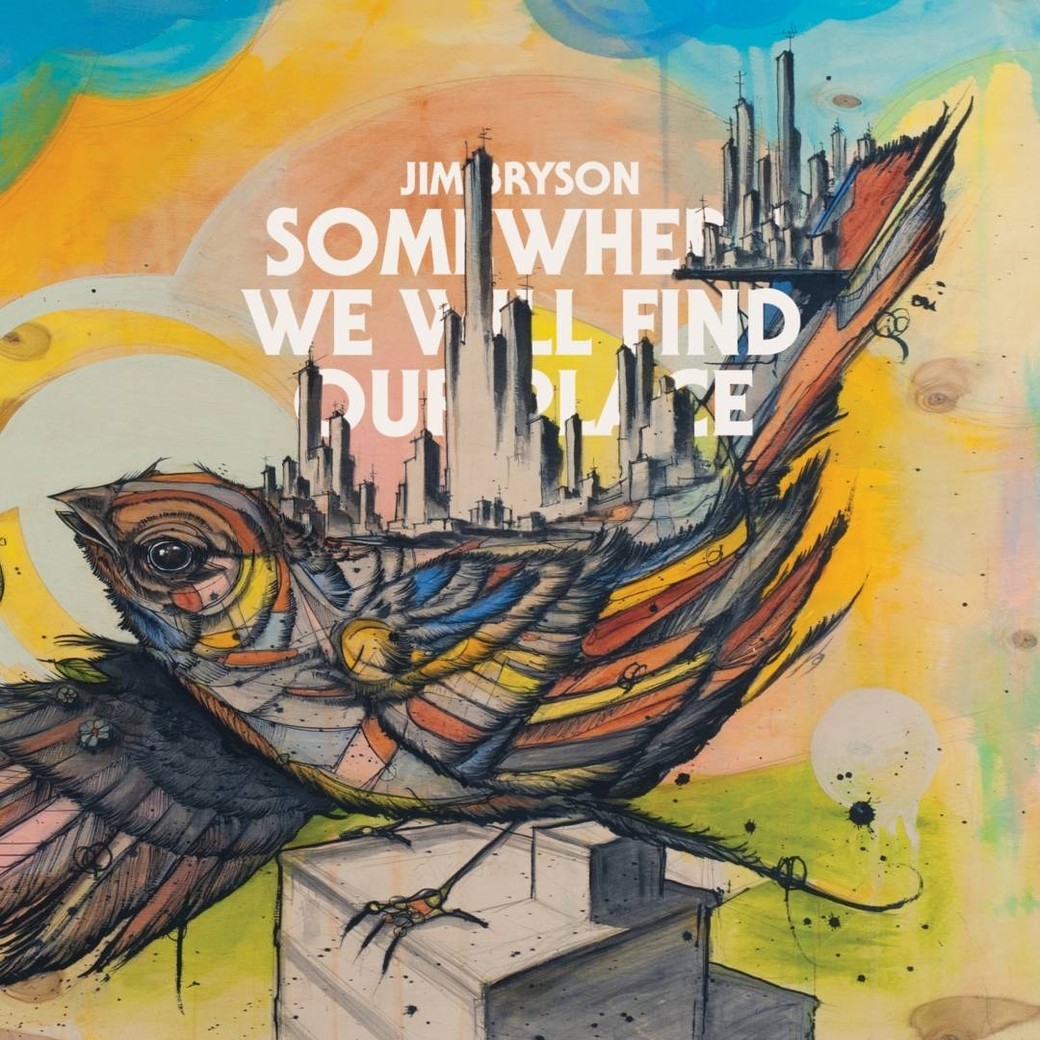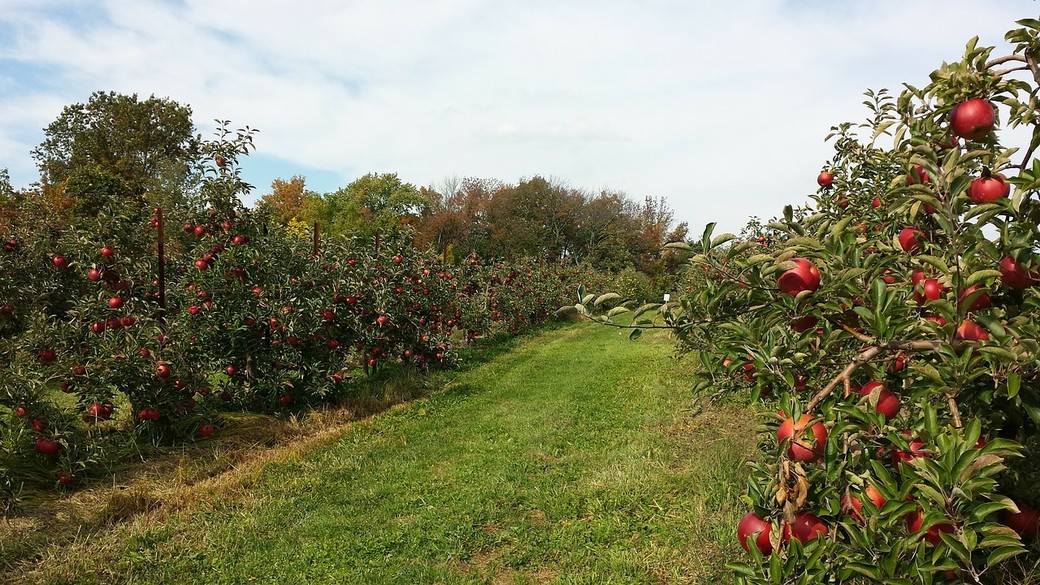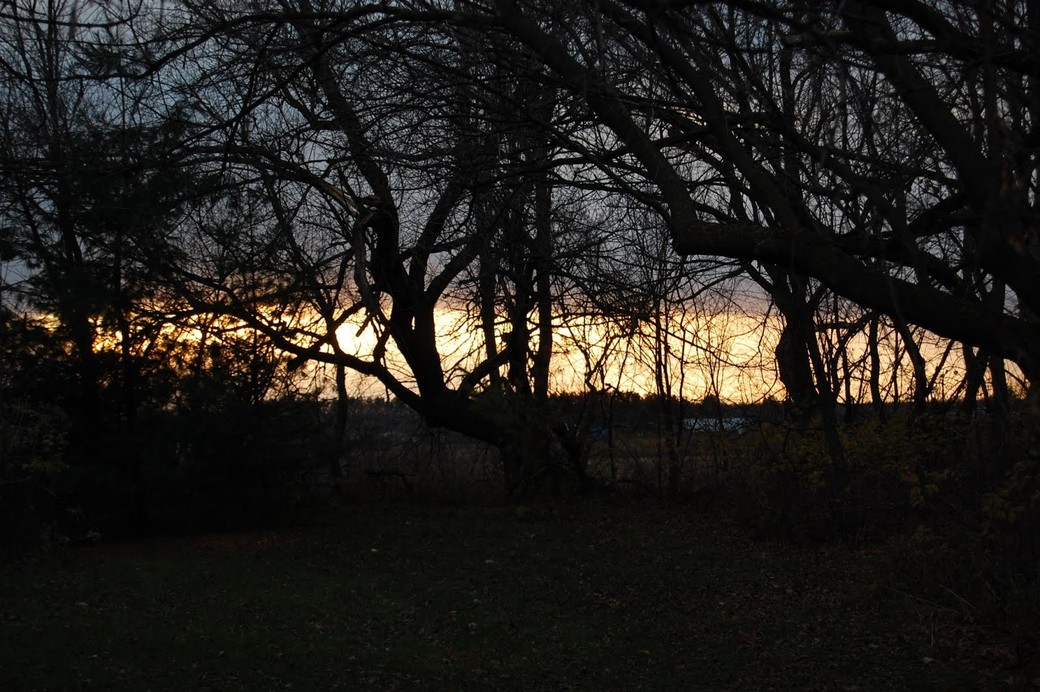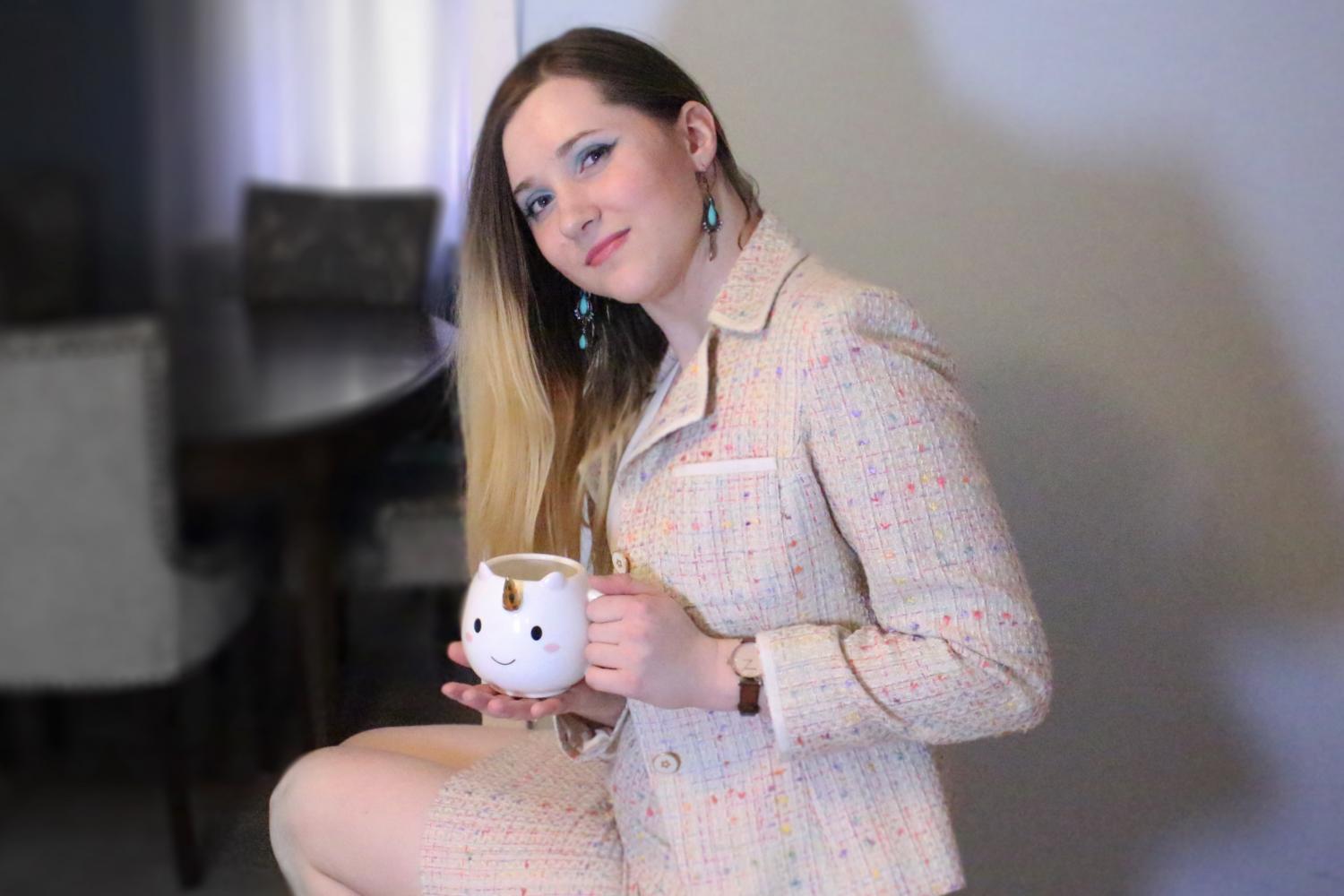
Jim Bryson Returns Home
“If it looks like I’ve seen a ghost
I just want to go home”
-Jim Bryson (Cigarette Thin)
It’s 4 a.m. I am awoken by Jim Bryson’s voice singing about ghosts. Below me the snowploughs clatter in the street. Bryson’s new album, Somewhere We Will Find Our Place, has seemingly been playing on a loop all night. Three and a half more hours until my morning shift and I can’t sleep. I’m thinking of a house on Victoria Street in Cornwall where I was born and lived for nearly a decade. The street was so small the sidewalks practically touched your front door. As an adult I often find myself back there when I return to town, walking the street with ghosts of a younger me. What am I looking for?
This is the kind of imagery that Bryson’s first solo release of all original material in nearly 10 years evokes. There is a semblance in these songs of being “Stuck In The Middle” of who you were and who you are and wondering what you can hold on to.
“This song it has no ending / and this day is just beginning / the truth lies there in the middle,” he sings.
Many tracks are pulsing with this energy that makes you want to break out, go forward, bust free and run, but when you’re out there, you are left asking yourself just where are you going or do you even want to leave in the first place? Roots grow deep here, they’re tangled in the floorboards. For Bryson returning to those roots has been a personal journey that started with a bit of parental sleight of hand that found him living back in Stittsville, a town he admittedly couldn’t wait to get out of.
Much of this album, mixed by recent Grammy winner Shawn Everett, was written in his family home, purchased by Bryson after, as he tells it: “My father combined Catholic guilt and a stellar deal to "trick" me out here.” Though hesitant at first, Bryson set up shop in the form of a studio shed behind the place and the roots started to grow. He’s ok with that. He’s accepted his old home as his new home, realizing that it isn’t such a bad thing to be back where you were.
Bryson hasn’t played a gig in Stittsville since his teens. If he wondered how home would accept him he didn’t have to look much farther than Main Street. His three shows at Kathleen Edwards’ java joint Quitters sold out quicker than they could print the tickets.
Earlier this week, Bryson chatted with Ottawa Life about the new album, his appreciation for his Stittsville neighbours, overthinking, his time as a teenage janitor and a few dead cats buried in the back yard.
OLM: You wrote a lot of this album where your parent’s once lived and where you now call home yourself. The album certainly evokes that sentiment of a space one can call home or, perhaps, once did and are trying to rediscover. What made you return?
My return to home was purely practical. I certainly was not excited initially, nor was I for some time. What then occurred is I met a new neighbour and we hit it off and I decided that I would never feel at home if I was always wishing I was in the city. That was a small but monumental mental switch I made. The songs really were the first I had written after my father's passing and I think that change informed a lot to me as someone trying to communicate something.
OLM: Outside of a holiday album, it’s been nearly a decade between solo releases. The distance in between has resulted in what appears to be a deeply personal release. You’ve said that you felt there was “just something in the water” when you recorded this one. What was there and why has it taken this long to surface?
Jim Bryson: The time and distance was honestly as much practical as it was anything else. I was busy with kids and family and processing passing of family and being a side person and building a studio and producing. I felt pretty ok to just make a record when I felt like it. Sometimes I think I may never make another record but I realize that creation and documenting that is an important part of my life. And I am an attention hog! What was in the water I think was just a willingness for me to let go and let the producer (Charles Spearin) do his thing and have fun watching things come together without being an overly controlling participant. It was a joy to watch the songs come together under someone else's ideas and thoughts. I still contributed greatly, but I did want to get a different feel and ideas going.
OLM: With all the tree lines on the album I wonder, have you ever considered being an arborist? All kidding aside, though, what had you returning to that imagery?
I think I am a fake naturalist. I love the thought of nature, but don't spend enough time in it. I look at the outside world through my window and ponder a fair amount for sure.
OLM: Speaking of trees, there’s this line about roots growing into the floor which had me picturing this great tree growing in a room with these roots just wanting to bust out of it.
I have a definitely overwrought and overthought brain and combine that with some OCD and there I am some days having to talk myself out of the kitchen. Joey Ramone used to have that problem in stairwells but that was a numbers loft thing and mine is an obsessive thought pattern that I am trying to right the calm route out of.
OLM: There also seemed to be a recurring theme of burial. Was there anything you were trying to put a little dirt over or, perhaps, maybe try to dig up in these songs?
I never thought much of burial but I will tell you that there are a number of animals buried in our backyard, lots of cats and a rabbit. Yikes right? Also, after my father passed, my brother and I were slow to make a decision on his ashes, so they sat in a box in our dining room. Maybe indirectly or subconsciously that was happening.
OLM: I’m fairly sure, outside of maybe Tom Waits’ “Can’t Wait To Get Off Work To See My Baby”, not many songs are out there looking back on a time when one was a janitor in their teens. In “Sweeping Part 2” you do just that. With an album that does make one want to reflect on their roots and where they are from what made you want to revisit that particular time musically?
Well I do think that we are trying to find that place where we feel ok in our skin. Being young, while traumatic in its own way, I at least felt somewhat content sweeping and vacuuming and cleaning those school rooms at night. It also was an interesting thing to be 17 and be around folks older and established and not content. It is kind of a look behind the wall. Also to be honest, my parents never liked the jobs and professions they had and I think both my brother and I in our separate ways, whether intentionally or subconsciously, ended up seeking out lives in things that we cared about. For myself, I really find a great joy in just having my own life and knowing it is mine, not hooked on a daytime existence I have no interest in.
OLM: You mention feeling ok in your skin. The album, while weaving words around roots and home, also relates a sense of wanting to change or find a personal rebirth. Lines like “I couldn’t sleep / I couldn’t rest / so I just started all over again”. Do you find yourself wanting to slip into new skins often?
I have spent a lot of life finding that place where as the cosmetic ad states "love the skin you're in". I am still not all the way there, but I like the strength that I feel by doing my own thing and being independent in spirit about how I make my decisions and go about my life.
OLM: Your Stittsville shows sold out in minutes. What’s it like to play now to those who live around you, share your space so closely and, clearly, are supporters of your music?
Well the last time I played out here I was 16 and playing the synth in a high school band called Hideaway. We would do mostly covers but slip in a couple of likely awful songs with titles such as -wait for it- "Hideaway". It is very heart-warming and nice to see some people whom I grew up with be the first to want to see this music I am making. I felt like I never really fit out here when I was growing up, so it is nice to be in my own skin more and have some of the old world neighbours still be there with such great support.








